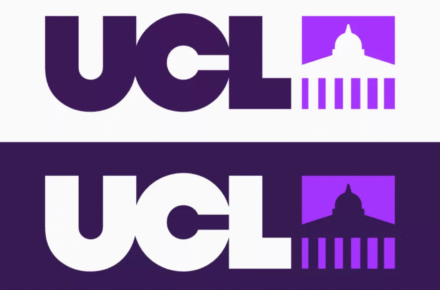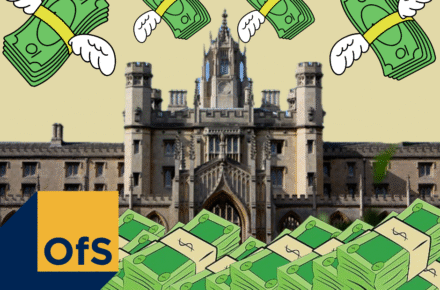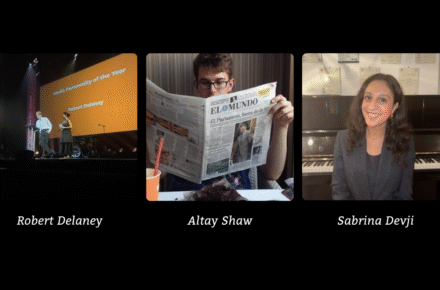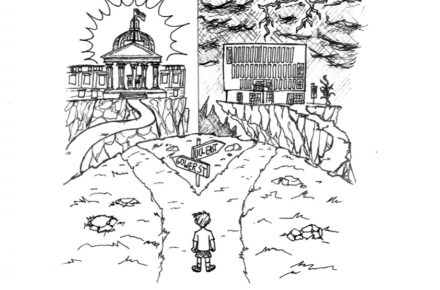It’s a story we’ve all heard before: boy-meets-girl; Faustus-meets-Devil; university-meets-murderous scientist.
Earlier this month, UCL published an inquiry into its five-year-long tragic relationship with Dr Paolo Macchiarini, superstar scientist. The inquiry tells a story of deception, bribery and crime; a story that Marlowe would have given his right arm for.
In the early 2010s, Dr Macchiarini became an international sensation for his revolutionary work on artifical tracheas. His research and practices encouraged hope in the scientific community that soon any organ could be created from scratch in a lab, and transplanted directly into patients.
The grim truth of his work – that six out of eight of his patients had died following their surgery – was kept quiet.
A 2016 Swedish documentary about the doctor, The Experiments, quoted a critic of Macchiarini’s work: “If I had the choice between a transplant of a synthetic trachea and the firing squad, I’d choose the last option because this is the least painful form of execution”.
Allegations continue to be levelled against Macchiarini, mainly concerning his professional and personal mythomania. He convinced his fiancée Benita Alexander that their wedding guest-list would include his close personal friends the Obamas, Pope Francis and Vladimir Putin. It wasn’t true. In fact, he was still married to his wife of 30 years.
UCL broke-up with him in July 2014, and like Taylor Swift writing a defacing song about her ex, the university led an inquiry into their relationship with Macchiarini.
The investigation found that not just Macchiarini was at fault: Professor Alexander Seifalian of Regenerative Medicine and Nanotechnology at UCL (who was dismissed in June of last year, in an unrelated case, for dishonestly accepting £24,000 from an overseas student) was responsible for developing the materials from which some of Macchiarini’s artificial organs were made.
Seifalian’s lab was not licensed to make clinical grade devices, and neither was ethical or regulatory approval received for its use.
Curiously, this retrospective correction is absent from UCL’s press release back in 2011 (which is still online) that lauds UCL Business for patenting these devices. And even more strangely, UCL have now been outed for deleting their own news piece from 2008 which praised Seifalian’s work.
Following the inquiry, Seifalian and Macchiarini, like the mature professionals they are, have pointed the finger at one another; Macchiarini stressing that he was not aware the trachea wasn’t made to clinical standards, and Seifalian stating “It was not my job”.
Jack Stilgoe, a Senior Lecturer of Social Studies of Science at UCL, tweeted that there was “A number of really worrying breaches” and Professor Alison Leary of London Southbank University speculated how “the inquiry did not interview all the people who were there at the time”.
In addition to the inquiry, the university released a statement saying, “Our governance system should have prevented that”.
How comforting.
The full inquiry is available here: http://www.ucl.ac.uk/news/news-articles/0917/290917-regenerative-medicine
Kyra Watt
A version of this article appeared in CG Issue 58.









